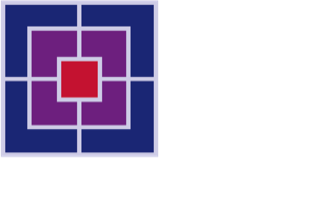
Module 3: Leadership
Moving from management to Leadership requires many things, but paramount of them all is effective Communication. Throughout this module, you’ll gain understanding of the traits of effective communication, including Clarity, Honesty, Respect, and Accountability. With newfound communication skillsets, the type of leadership you want to espouse is next. From Transformational, to Situational, Task-Oriented/Technical, and Adaptive Leadership, you’ll learn how each can support your message. Finally, you’ll gain skills in Adaptive Leadership that will assess your team, as well as navigate Critical Incidents.
Effective communication takes many forms, but has four central tenets: Clarity, Honesty, Respect, and Accountability. When all of these occur and are in sync (including age-appropriate language, sharing of information honestly, sincere interest in how someone wants to be addressed, and showing responsiveness), you can be sure that your message will support your mission in the most effective way possible.
Next, different methods of leadership will be explained and modeled. Transformational leaders, for example, typically lead based on their personal traits of vision and inspiration, whereas Situational leaders rely on analysis and intuition of a situation to lead. Task-Oriented leadership emphasizes the tasks needed to achieve goals, while Adaptive leadership presents strong evaluative skills and techniques for distinguishing the necessary from the dispensable. Styles can be combined – Creating your own unique approach to leadership.
Adaptive leadership, specifically, is highly desirable and effective in child welfare due to constant changes in child welfare with new initiatives, programs and legislation. It becomes especially critical in the management of Critical Incidents, including the death/near-death or serious injury of a child. From who needs to know, to secondary trauma response and ameliorating risk, Adaptive leadership will help you navigate these waters.
In preparation for your Module 3 Learning Experience, here are some resources to review:
"Positioning Public Child Welfare: Leadership Guidance"
"Seven Behaviors of Adaptive Leadership"
"Crisis Preparation Toolkit – UC Davis"
As you begin to consider what you’ll learn or reinforce as part of Module 3, consider the following:
"How or what steps can a director take to learn or practice aspects of each leadership style?"
"In which communication skills do you feel most accomplished Most able to grow?"
"What could be positive outcomes from an Adaptive assessment of your leadership team?"
"How have you/have you ever trained staff and/or your PIO to respond to critical incidents?"